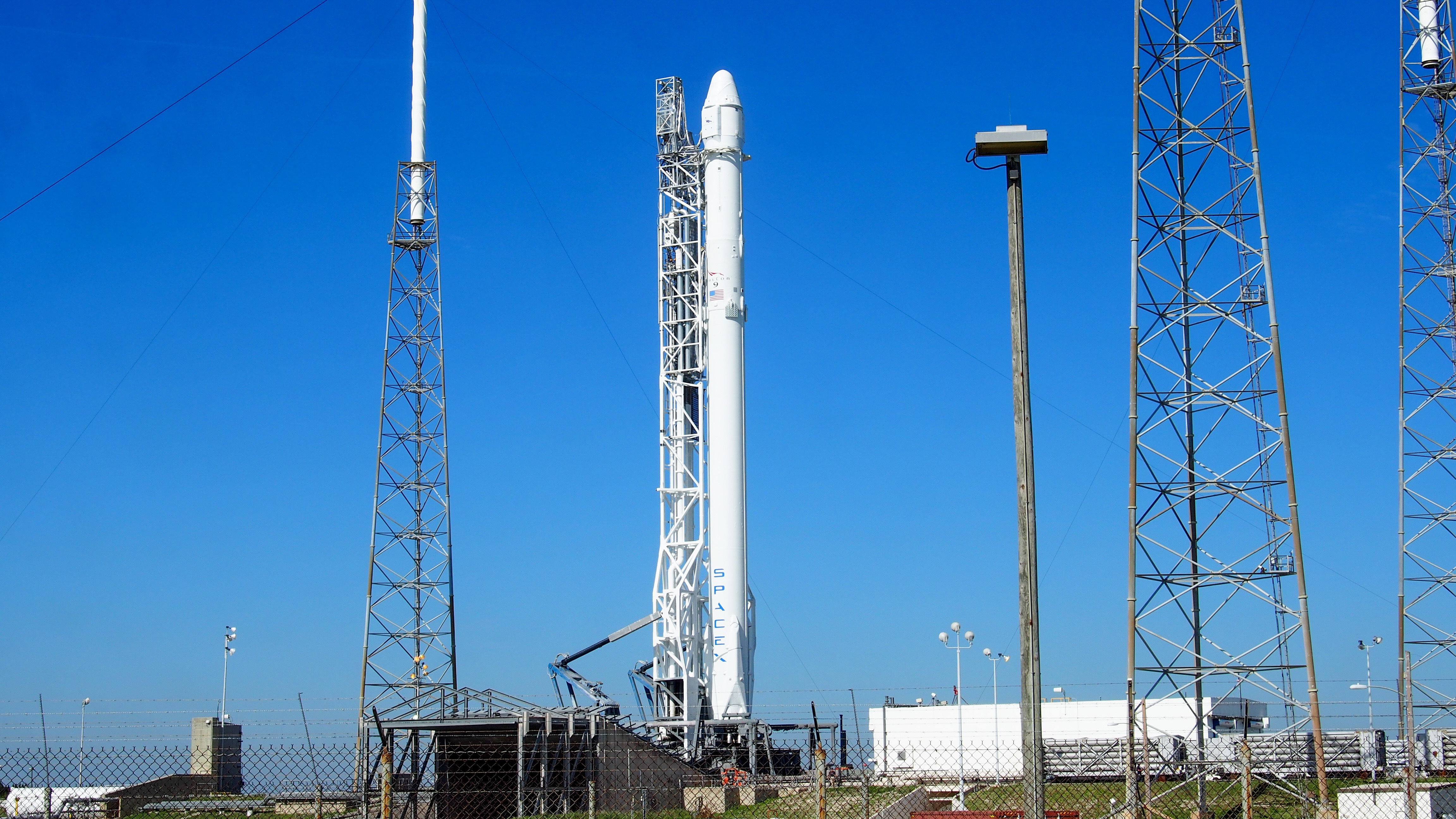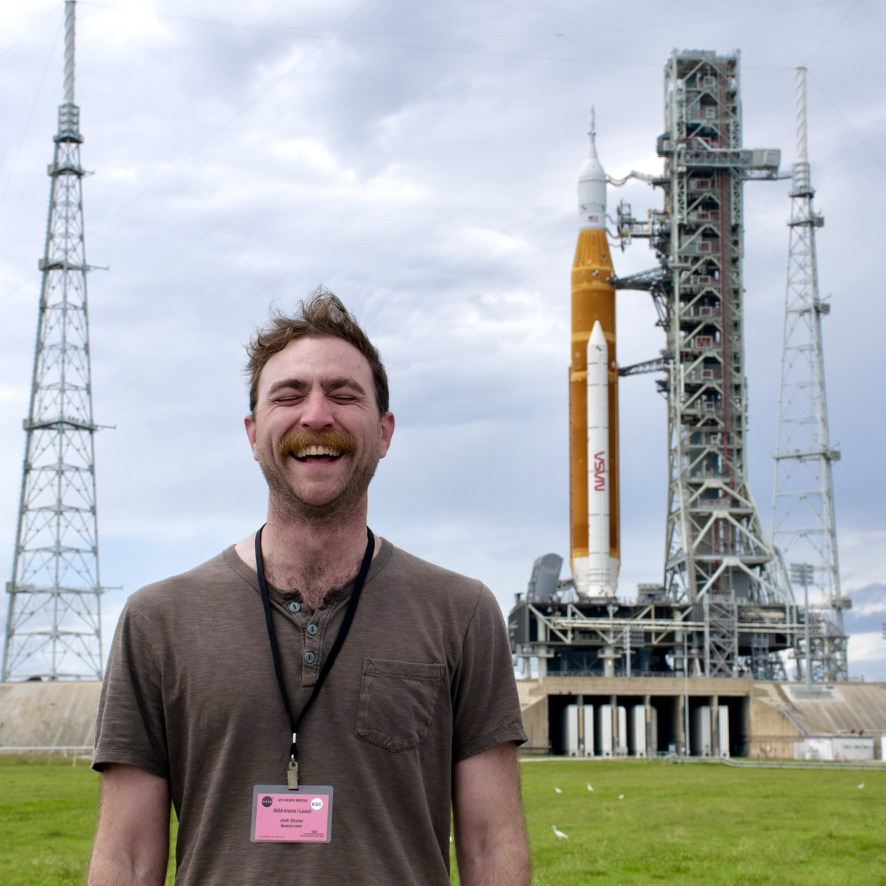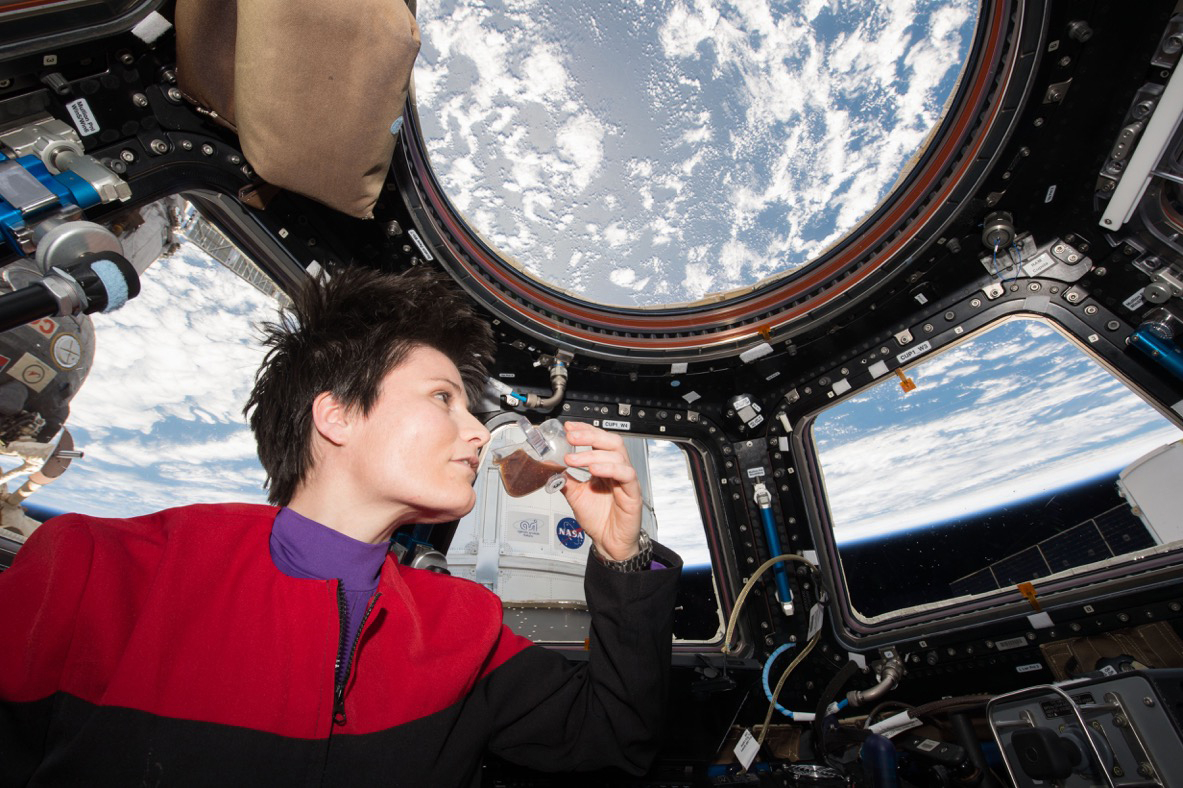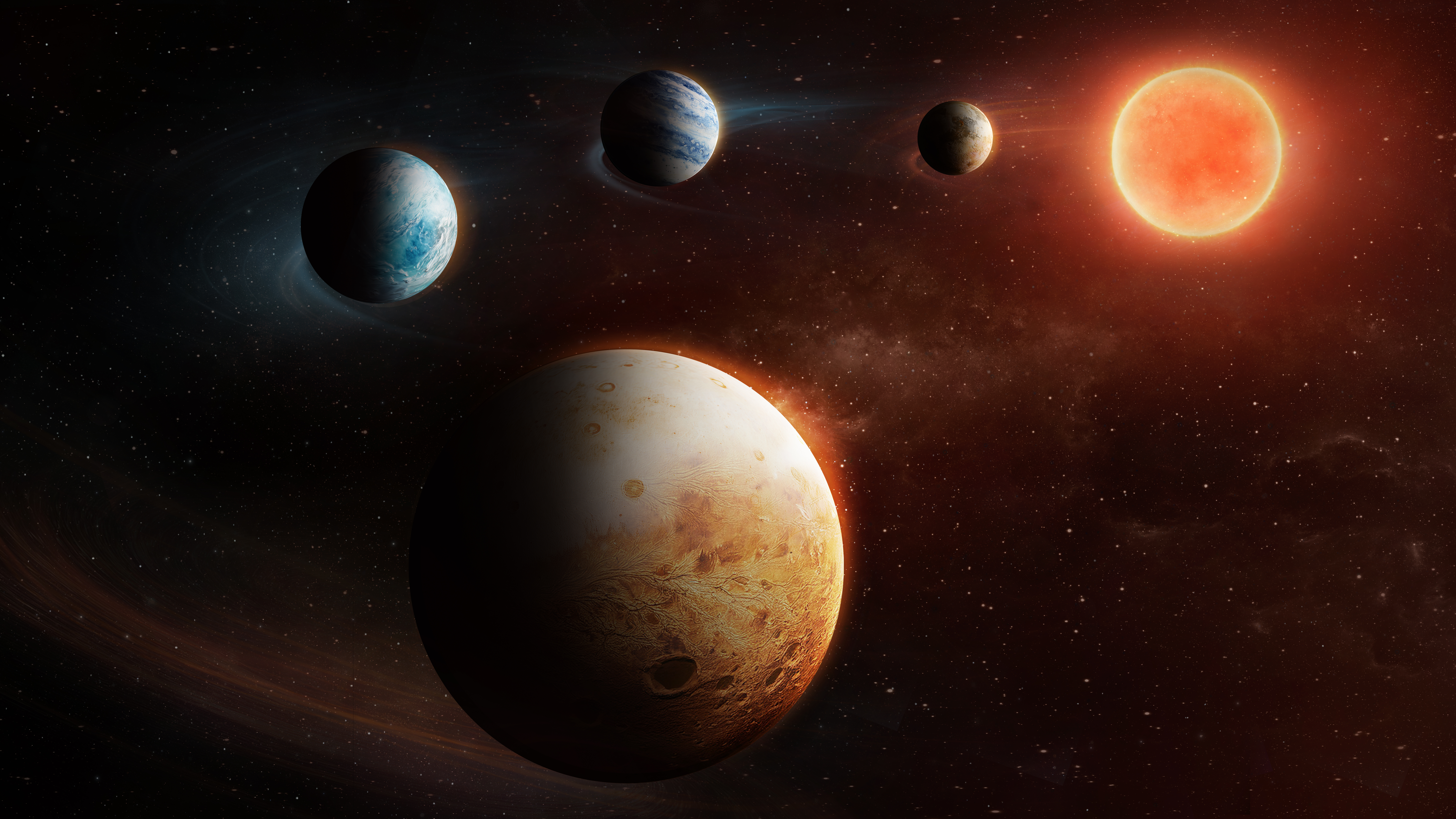NASA, SpaceX ready to launch 30th cargo mission to ISS on March 21
CRS-30 is the first cargo mission to launch from Pad-40 since March, 2020.

Breaking space news, the latest updates on rocket launches, skywatching events and more!
You are now subscribed
Your newsletter sign-up was successful
Want to add more newsletters?

Delivered daily
Daily Newsletter
Breaking space news, the latest updates on rocket launches, skywatching events and more!

Once a month
Watch This Space
Sign up to our monthly entertainment newsletter to keep up with all our coverage of the latest sci-fi and space movies, tv shows, games and books.

Once a week
Night Sky This Week
Discover this week's must-see night sky events, moon phases, and stunning astrophotos. Sign up for our skywatching newsletter and explore the universe with us!

Twice a month
Strange New Words
Space.com's Sci-Fi Reader's Club. Read a sci-fi short story every month and join a virtual community of fellow science fiction fans!
Welcome back to Pad-40!
SpaceX and NASA are moving toward the launch of company's 30th commercial resupply services mission (CRS-30) to the International Space Station (ISS). Liftoff of a Falcon 9 rocket carrying an uncrewed SpaceX Cargo Dragon is scheduled for Thursday, March 21, at 4:55 p.m. EDT (2055 GMT) from Space Launch Complex-40 (SLC-40) AT Cape Canaveral Space Force Station, in Florida.
This will be the first cargo launch from SLC-40 in four years, following the completion of the facility's new launch tower, which includes a crew access arm. The upgrades allow crewed launches from SLC-40, and increases SpaceX's flexibility when scheduling astronaut launches.
Related: SpaceX to launch 30th cargo mission to the ISS for NASA this week
The Cargo Dragon will spend about two days catching up to the ISS, rendezvousing with the station on Saturday (March 23). ISS crew members Matt Dominic and Mike Barrett are scheduled to oversee Dragon's docking, according to Kristi Duplichen, deputy manager of NASA's International Space Station Transportation Integration Office, during a press call March 19.
CRS-30 is carrying over 6,000 pounds (2,721 kilograms) of research supplies, station equipment and food for the inhabitants of the orbital lab. Of special interest amongst that food includes citrus, apples, cherry tomatoes and two new coffee kits. "The crew requested those," said Duplichen during Tuesday's call, "we're making sure to get them some fresh coffee."
Cargo also includes several new science investigations headed to the ISS to help us further understand how microgravity affects a wide number of processes both biological and technological.
Breaking space news, the latest updates on rocket launches, skywatching events and more!
"The International Space Station offers an extremely unique environment to conduct research and to advance technologies in a way that we can't do anywhere on Earth," said Heidi Parris, associate program scientist at NASA's ISS Program Research Office. Parris highlighted a number of experiments during Tuesday's call, including the Nano Particle Haloing Suspension investigation to advance solar cell efficiencies, and the APEX-09 experiment to examine the genetic makeup of plants in microgravity.
"[CRS-]30 is also going to launch research into many, many other areas including cellular microbiology. crystal growth, astrophysics, human research, material science, and much more," Parris said on the call.
The CRS-30 Cargo Dragon will dock to the zenith port of the station's Harmony module, where it will remain for about a month. SpaceX's Cargo Dragon is currently the only cargo vehicle capable of returning experiments and other equipment safely from the station. Northrup Grumman's Cygnus spacecraft and the Progress cargo vehicle from the Russian space agency Roscosmos both burn up in Earth's atmosphere.
Following its departure from the station, the CRS-30 capsule will return to Earth, parachuting down to an ocean splashdown where SpaceX and NASA will recover the vehicle.
According to Melody Lovin, launch weather officer, Cape Canaveral Space Force Station's 45th Weather Squadron, weather for Thursday's launch is currently 85 percent chance of 'go', with weather conditions expected to "deteriorate pretty significantly" for the launch's Friday backup window opportunity.

Josh Dinner is the Staff Writer for Spaceflight at Space.com. He is a writer and photographer with a passion for science and space exploration, and has been working the space beat since 2016. Josh has covered the evolution of NASA's commercial spaceflight partnerships and crewed missions from the Space Coast, as well as NASA science missions and more. He also enjoys building 1:144-scale model rockets and human-flown spacecraft. Find some of Josh's launch photography on Instagram and his website, and follow him on X, where he mostly posts in haiku.

